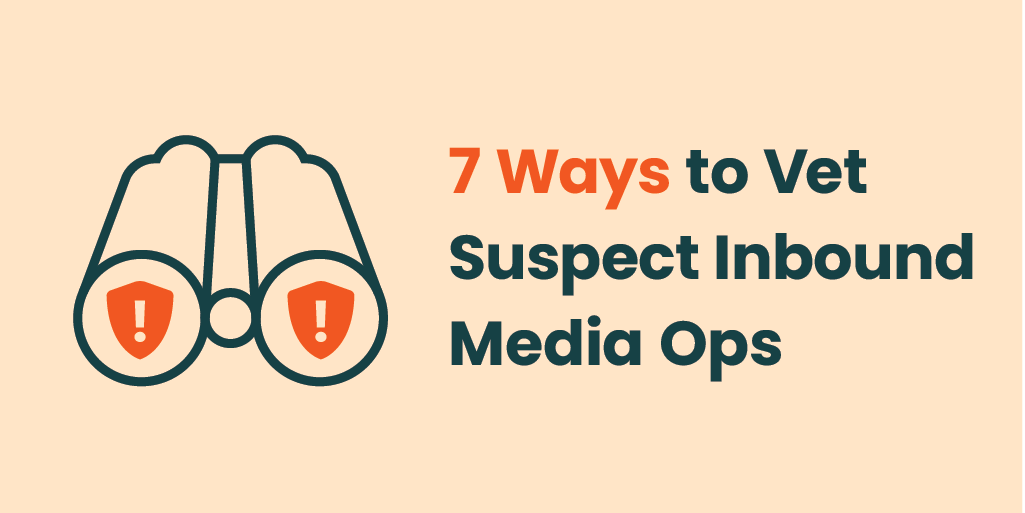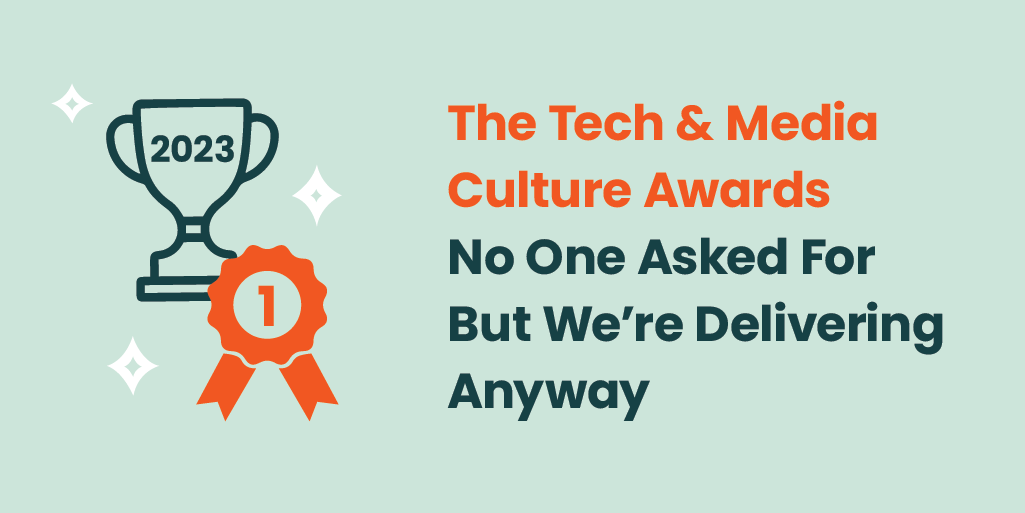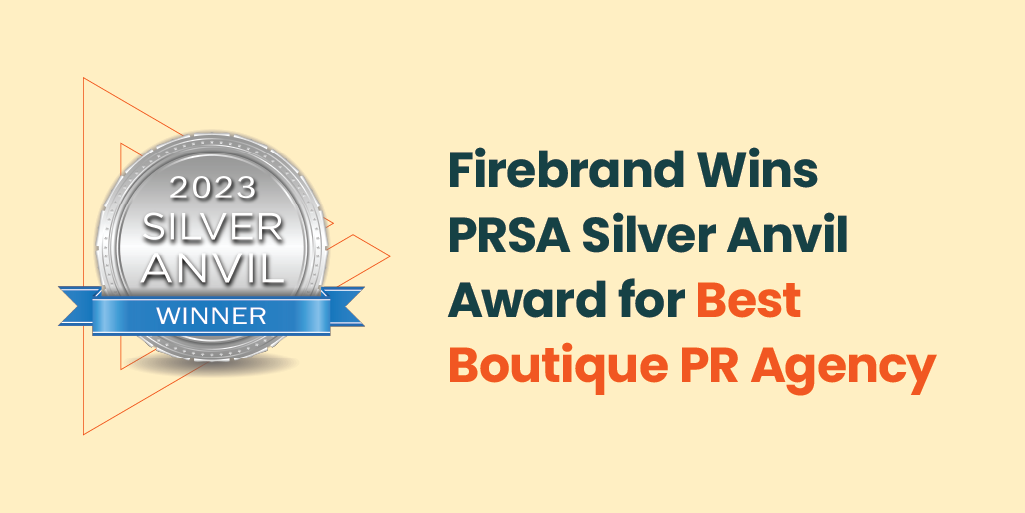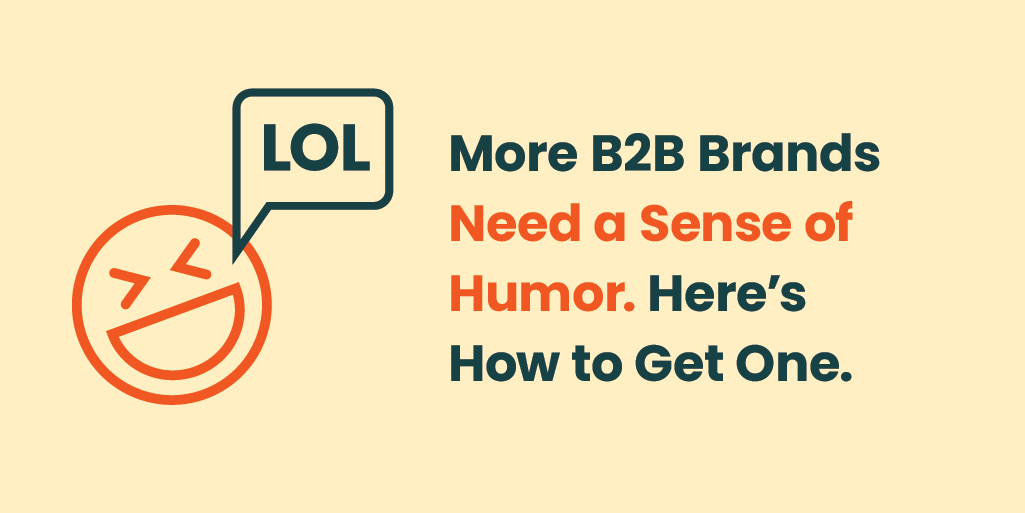Getting press is hard. Every startup marketer has probably had a moment (probably several moments) where they wished the press would just come to them for once. So when your CEO receives an email opp with a fancy-sounding opportunity to be showcased on the front cover of a magazine — well, it’s hard not to be excited.
But is this opportunity legit? It looks credible on first pass, and no brand can overlook a profile — they emailed the CEO, after all. But what if this is just a pay-to-play scheme? Then the company, CEO and you will get enmeshed in low-value, high-cost runaround.
As a PR agency for startups, we see inquiries like this all the time. Take a minute to look for the red flags listed below. If one or more appear in the email, it’s likely that the “opportunity” or “award” is pay-to-play junk.
1. Request for a fee
We’ll start with the obvious — some outlets or TV shows will just include the fee upfront in the email. They might try to make the fee sound like something mundane, or they might try to bamboozle you with technical-sounding language. We’ve seen “reprint rights,” “application fee,” and “production fee” among other attempts to get clients on the hook. Note that some of these fees only come to light once you are engaged in the process, so be clear about asking up front.
2. The host or interviewer is a once-famous Hollywood name
Dennis Quaid, Rob Lowe, Lawrence Fishburne, Kathy Ireland and Mario Lopez are associated with film production crews that are available to interview your executive and tell the story of your company. It’s unclear whether those actors are aware or involved at all. For some unexplained reason, their studios tend to be in Boca Raton, FL, and other beachside locales. If this sounds like it’s too good to be true, it totally is, as any email you send in response will result in a request for a fee.
3. You’ve never seen the broadcast show on primetime TV listings or the channel that carries the show isn’t listed
Many of the opportunities listed above air on cable TV at 2:00 am as part of an infomercial.
4. The person sending the email has “executive” or “associate” in their title
If the sender lists anything besides journalist or editor in their title, there’s a pretty good chance that they are attempting to sell you on a pay-for-play feature.
5. You’ve never heard of the publication
There is a group of websites with names cobbled together from the titles of credible media outlets that simply host paid advertising, with negligible readership and no input from the credentialed journalists who do cover your business’ industry. Names like New York Weekly, CEO Weekly, San Francisco Post, Women’s Journal, and US Insider sound fancy, but they are not editorial outlets – they are almost entirely advertorial. Others such as Sustainability Magazine, Technology Magazine, and Data Center Magazine are simply looking to monetize your desire for a feature article. That might be what you want, but it won’t be read by your audience unless you push it to them.
If in doubt, check with your local journalistic organization or press club, or a national group like Online News Association or Society for Professional Journalists to find out if editors are members.
6. The outlet is offering your company or executive an award that you didn’t apply for
There are only a few credible organizations with a secret list of award contenders such as the MacArthur Foundation and the Nobel Prize Committee. Fortune and Newsweek have analyst firms such as Statista who conduct reviews of organizations separate from the editors’ workflows, but they will notify you before the award is announced if they are considering your organization. Every other credible media outlet (Fast Company, Forbes, Inc, Entrepreneur, etc) requires your marketing or communications team to submit an application.
If you are being offered an award that you haven’t heard of, and you didn’t apply for, it probably isn’t legitimate. The most frequent publication that our team has seen offer pay-to-play awards is [Insert Industry] Tech Outlook.
7. You’ve never heard of the publisher or parent company (if you visit the website listed)
Some sales firms have set up websites to serve as lead-generation magnets for their services. If you are unfamiliar with the publisher, review their listing on the Better Business Bureau.
Take it from a PR agency for startups — there are no shortcuts to a successful PR program. To paraphrase Fired Up! guest Travis Van, don’t believe the hype that anyone can simply put your CEO on the front cover of a magazine. Thoughtful review of media, proper analysis and planning, and a regular flow of corporate news are the keys that will help to build relationships with journalists and the brand awareness that makes a successful communications program. Anyone who offers to change that for “a low fee” is simply wasting your time.
About the Author
Maura Lafferty is an influencer relations specialist, with a particular focus on media outreach over social channels. Maura has over 14 years' experience in public relations, and relationships with media working in national, California, and Silicon Valley newsrooms.




